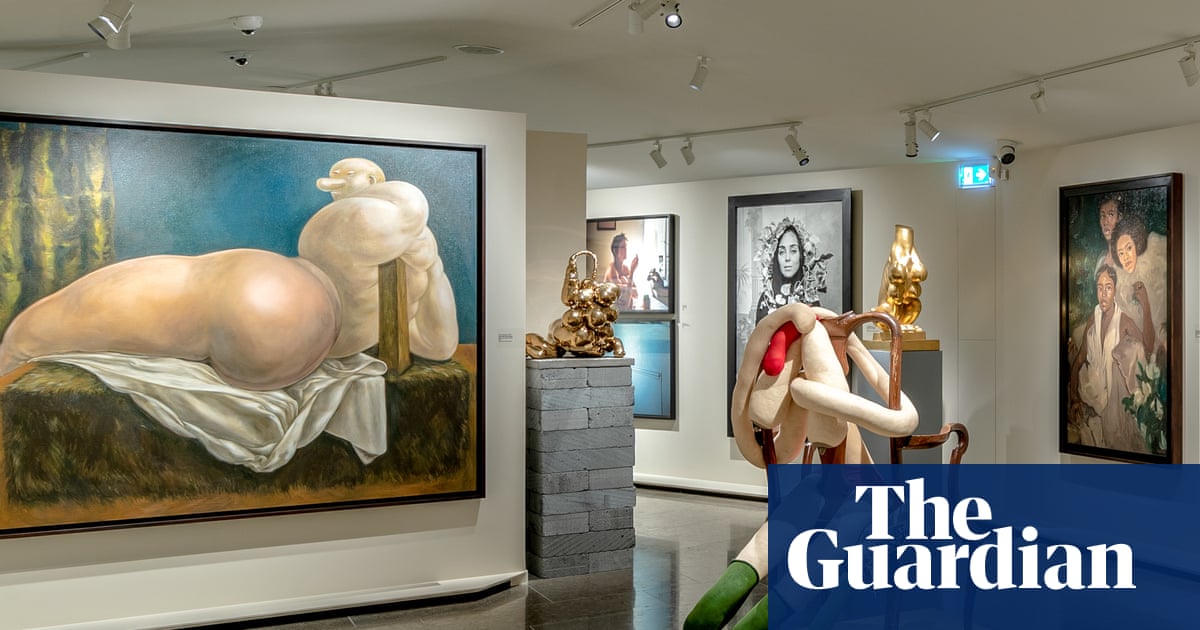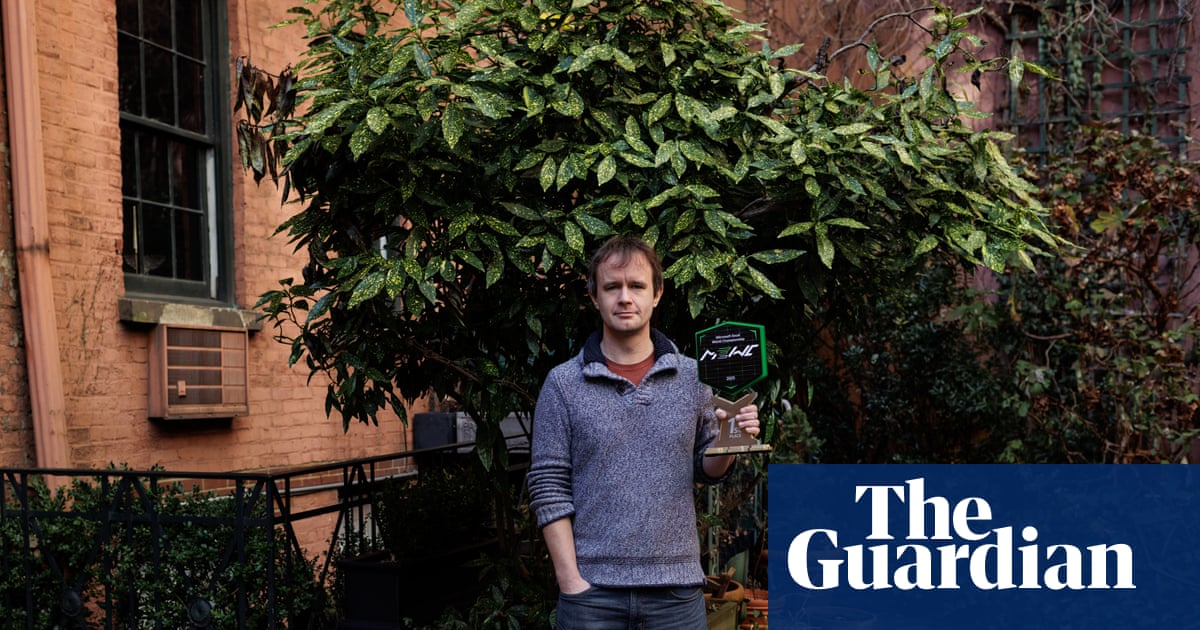You know a country by its values. By what a country values. And it turns out that what a country values can change over time. Sometimes, though, there’s a sort of cognitive delay between the country you think you are in, and the country you’ve actually become. For example, you can keep selling yourself, to foreigners, as the country of William Shakespeare and Jane Austen, and luring busloads of tourists to Stratford-upon-Avon and Bath, and put a statue of George Orwell in front of the BBC, and imagine yourself a cultured and literate nation, which the rest of the world admires for its devotion to the written word – but if you then chronically underfund your cultural institutions, and treat your cultural workers with contempt, many people will suspect you of being full of it. And as the decades pass – and fewer and fewer Shakespeares and Austens and Orwells emerge from your little island – even more people will begin to suspect that in truth you do not value culture at all, and are in fact running a giant heritage museum in which the only cultural workers you respect are the dead ones.
The British Library is our great national home of cultural workers. We go there to read and research, to learn and to grow, to write and to think, to inspire and create. Facilitating our work is a great army of library staff, who are also cultural workers. Without them, the library does not function, the books do not get read, the culture does not come to pass. And how are they treated? According to their union, they are offered pay deals so dire that many of them work multiple jobs and live in substandard housing. Seventy one per cent of respondents to a union survey find their salary insufficient to meet basic needs. Some workers report mental and physical health deterioration as a consequence of these poverty wages. When a massive cyber-attack on the library results in a major disruption of the service they are able to offer, they’re left on the frontline, to be shouted at by the very patrons they are attempting to serve. And when they then try to ask for a pay increase that is at least in line with inflation, they are told there is no money, while some of the six-figure-salaried executives are eligible for five-figure bonuses. One of the other things we used to think about this country was that it had a bone-deep sense of fairness. Does any of that sound fair?
Above and beyond the executives themselves is the problem of this government, whose funding of the library has failed to keep pace with inflation. In fact, in the latest spending review a funding cut of 1.4% was levied on the Department for Culture, Media and Sport. Meanwhile, this same government has earmarked £2bn over the next four years for the AI Opportunities Action Plan. There is no doubt much justified excitement around AI – especially in the realm of medicine – but a healthy country needs healthy minds as much as healthy bodies. A country is also its culture. Even the AI productivity tool the government recently created for its civil servants is called Humphrey, a name borrowed from a 1970s TV show written by a human being, the scripts for which you will find in the British Library. That’s the thing about culture: it persists. Culture is what people pass down. It brings shared meaning into our lives. There’s a reason we’ve placed a statue of Orwell striding into the future outside the BBC, rather than any past or present chief executive of the BBC. And what is engraved on the wall of that same institution? An Orwell quote: “If liberty means anything at all, it means the right to tell people what they do not want to hear.”
One of the things this government doesn’t want to hear is that what defines a nation – in its own eyes and in the eyes of others – is, in the end, not the size and scope of its military hardware, or even the wealth it amasses, but the culture it creates. In other places they know this. In France they subsidise their bookshops. In Germany, libraries are plentiful and well-funded, no matter their size. In England one of the most famous libraries in the world is treated as an afterthought, an embarrassment. A white elephant nobody knows what to do with. A long time ago, a very great British writer sat in the British Library – which was then housed in the British Museum – writing a little book called A Room of One’s Own, which became one of the primary texts in a worldwide movement called feminism. Virginia Woolf wrote the following: “There is in the British Museum an enormous mind. Consider that Plato is there, cheek by jowl with Aristotle; and Shakespeare with Marlowe. This great mind is hoarded beyond the power of any single mind to possess it.”
It is this “great mind” that is housed in this extraordinary library. It is the heritage of all peoples, British or not, but because it is after all the British Library, within its collections you will find a particularly enriching and gigantic British section. And if you really want to know a nation, and to experience its collective mind, instead of tying tatty flags to lamp-posts you might want to get thee to a library, any library, but especially the British Library. In there, you will find the nation’s books, its songs, its film and TV scripts, its plays, its dictionaries, its history, its geography and psychogeography, and so much more – a mind-boggling variety of material. You will learn a lot more about this country than can be expressed by a red cross on a white sheet, and a lot more about the whole wide world than an AI summary could ever give you. And it will be delivered to you by an army of overworked, underpaid, too-often verbally abused library staff, who deserve so much better from Britain, from their government, from the executives of the British Library, and from all of us.
-
Zadie Smith is a novelist. This is an edited transcript of a speech that she gave on a picket line outside the British Library on Saturday 8 November

 2 months ago
82
2 months ago
82

















































